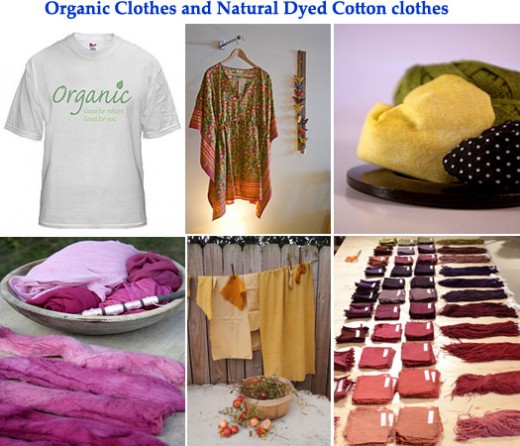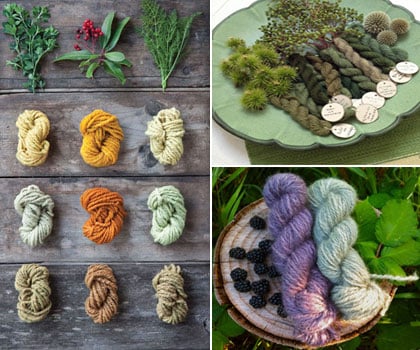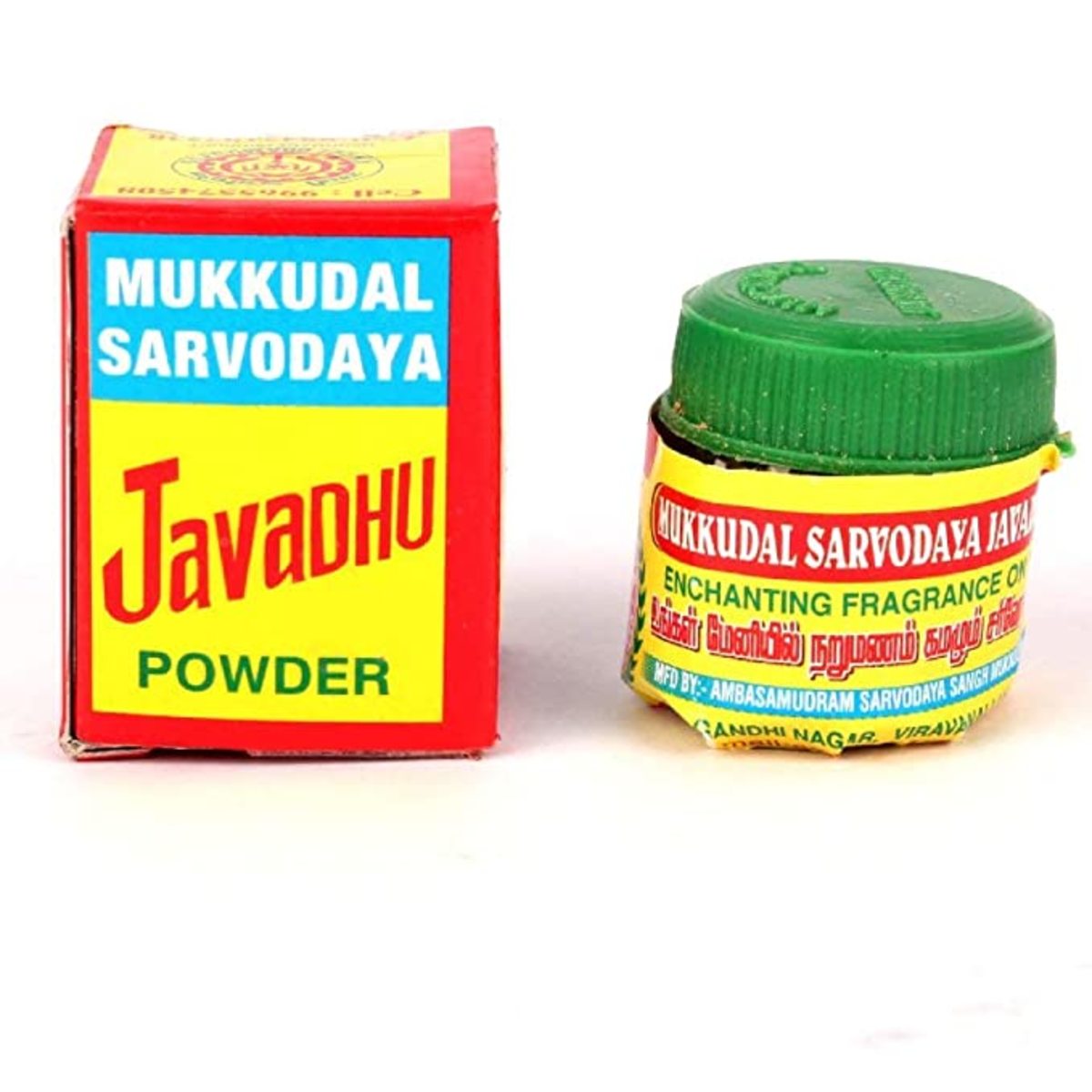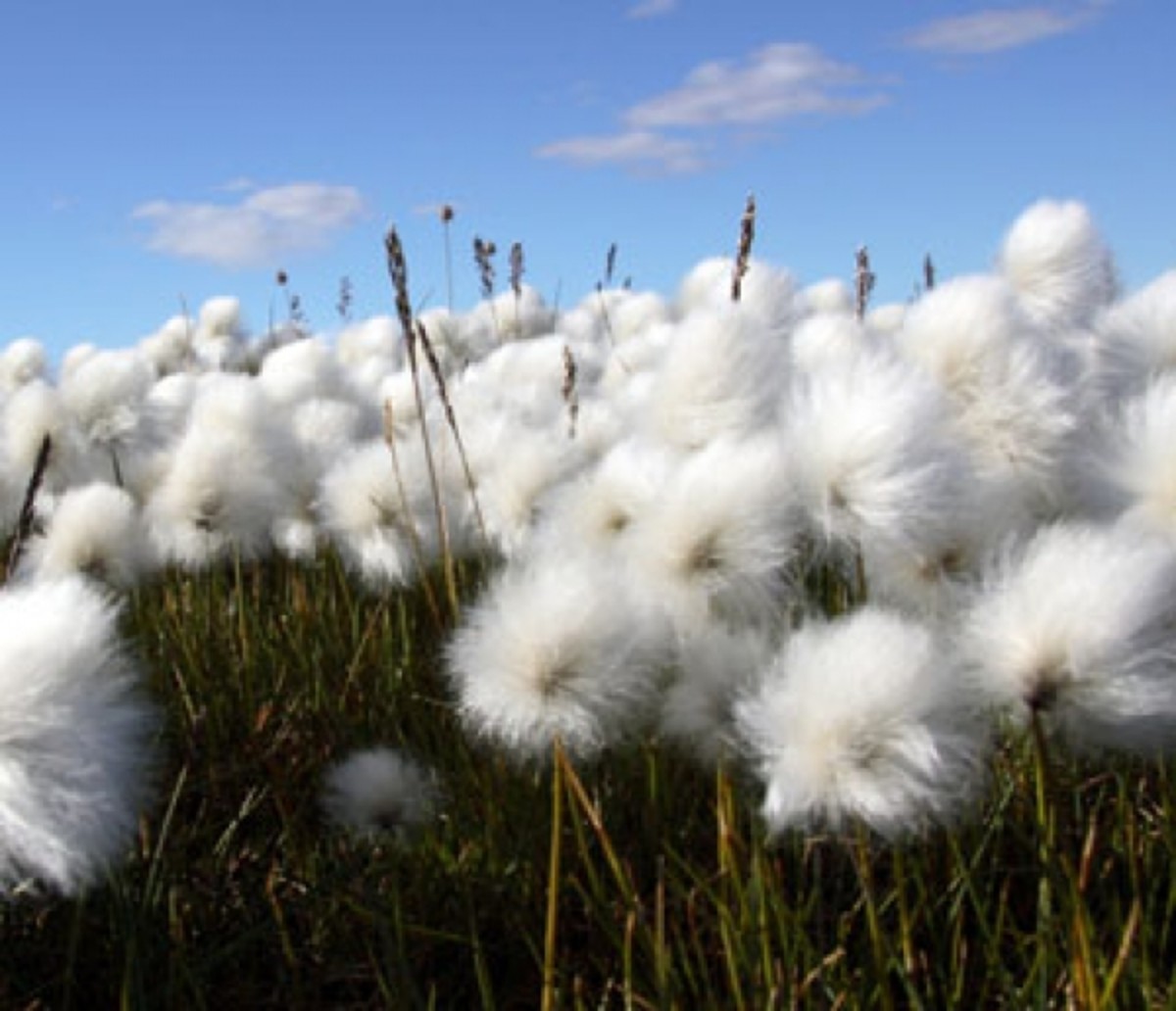Organic Clothing and overall benefits

Organic clothing is the cloth materials developed using organic materials and without using any toxic materials. Hence organic clothes are nature friendly and are produced without disturbing or effecting the environment. Organic clothes are similar to other clothing available in the market; only difference is that organic clothes are chemical free and is developed with respect to organic agricultural standards.
In comparison to other clothes, organic clothes are very soft, comfortable and durable. The comfort that the organic clothes provide is sure to impress the first time users. Apart from all thee, organic cloths really looks cool and attractive.
Organic cotton is one of the most used fabrics to develop organic clothing. The crops are free of chemicals and are developed under strict guidelines of organic farming. In conventional cotton cultivation pesticides, insecticides and other artificial chemicals are used, whereas in organic cotton none of the chemical fertilizers are used.
Knitted fabrics of bamboo are one of the organic clothing available. Bamboo fabrics are made from the natural fibers of world’s fastest grass and organically grown bamboo. Bamboo fabrics are really good for people who have got sensitive skin. Clothes made from organic bamboo are warmer in winter and cooler in summer.
Herbal threads for clothes made from Plants and fruits:

Herbal dyes are produced from natural plants such as mushroom, tulsi, turmeric, ramacham, pomegranate etc and then were used to manufacture clothes organically with cotton. In Ayurveda, tulsi is named as amritha, meant as pure happiness (i.e) it brings spiritual awakness and you will get relief from skin diseases, fever, psoriasis, fungal infections and respiratory diseases etc. If you wear tulsi dyed organic clothes, you will feel comfort and having resistance capability to avoid those diseases mentioned earlier.
Organic cloths are gaining popularity on a fast pace and is moving into mainstream production. This also brings awareness about safe methods of cloths production without polluting the environment. The waste from non-organic clothes plants also spoils the nutrients in the soil and affects plant growth in the nearby areas.
Apart from clothes, bed sheets, shawls, curtains, towels that are organically made, are also available in the market.
Benefits of Organic clothing:
- No usage of chemicals:
Organic fabrics are produced without any use of chemicals or pesticides. Thus it helps in developing the culture of production of clothes without harming the environment. Also, since no chemicals are used, organic clothes are good for health and do not cause any side effects such as itching.
- Less Co2 emission:
Organic cotton farming produces less CO2 emissions and thus helps the environment to be healthier.
- Less water consumption:
Organic cotton consumes 60% less water compared to other plants, thus saving the water resource.
- Helps the farmers:
Increase in usage of the organic cloths will increase the consumption rates of cotton and eventually will increase the demand for the same. This encourages farmers to cultivate more cotton and increases their income through cotton sales.
- Health of employees:
In non-organic textile manufacturing industries, workers in the production plant are exposed to different chemicals, pesticides, and toxic colors. This affects the health of the workers. In organic clothing production, since no chemicals/pesticides are used, it creates a safe atmosphere for the workers.
- Nil or less water pollution:
Normal textile industries use high intensity chemicals for the production of clothes. So, the waste produced by these factories is very harmful. The people living close to these factories are the major sufferers as these chemicals get mixed up with their ground water resource and in the fields. The waste water when merged with the water bodies harms the life of aquatic animals such as fish. This is also a very dangerous concern that should be looked into.
In the organic clothing industry, since no chemicals are used, it does not create any trouble that impacts the environment.
- New Trend in Fashion World:
Organic clothes meet the new eco-fashion requirements and are the one of the new trendiest attraction in the fashion world.
- Comfort:
Organic clothes provide extra comfort since it is chemical free and is natural. Dyeing in the textile industry is a process of decorating textiles with different dyes made from natural or synthetic materials. In organic clothes, instead of chemical dyes that causes itching and allergic reactions, natural dyes made from stem, seed, leaves, fruits of the plants are used. Thus organic clothes are good for skin.
- Satisfaction:
Since organic clothes are eco-friendly, it will give you a satisfaction towards your contribution to mother earth.
- Organic clothes to fight against diseases:
Organic clothes can help one to fight against such as skin infections, high blood pressure, diabetics, psoriasis, asthma, insomnia naturally. It can help to stimulate body weight and remove body aches. It also helps to boost energy, enhance mood and for overall wellbeing. More than 200 varieties of herbs are used in producing medicinal organic clothes. Roots, flowers, seeds, and bark of plants are used in developing the fabric. When we use the conventional clothes, the skin on our body which is called as a protective barrier, absorbs the chemicals from the clothes and causes lot of harmful effect to the body; but since dyes used on medicinal/organic clothes are herbal essence, it is good when absorbed by skin and increases the skin’s property to act as an effective barrier.
Some of the herbs used in organic textile industry are:
Turmeric: Used as a natural dye.
Manjistha: Ayurvedic herb used as blood purifier is used in organic clothes production.
Sandalwood: Yellow in color and has got good fragrance.
Neem: Neem is a tree among semi evergreen tree species and is used as toxic in the organic textile industry.
Indigo, tulsi, madder are some of the other Ayruvedic herbs used in the organic textile industry.
Now a days considering environmental impact, textiles with high-chemical content are being banned and usage of organic textiles are being encouraged. Hence usage of organic textiles not only is safe for your health but also supports to keep our environment healthy.
About the videos:
From the attached video’s, you will understand the benefits of wearing organic clothes, disadvantages of non-organic clothes and how they made the organic clothes from natural plants and herbs as well as its health benefits for human and how we can regain good environmental conditions. Here I had attached more videos for your deep understanding of organic clothing, watch and become a follower of organic clothing. Expecting your valuable comments. Happy Organic Clothing!
How Chemicals affect your dress health?
Organic Herbal Clothes: what, how it made and Benefits
Organic Clothing : Dyeing Process
Organic Clothing: An Interview with David Wolfe
Really I think to write few more things about how natural dyeing process taken place in organic clothing. But main purpose and subject of this article will deviate to some other extent. So I decided to add some video's(2nd and 3rd Video) that explains those processes visually. I believed that this article will help you to use or choose organic clothes in future.









